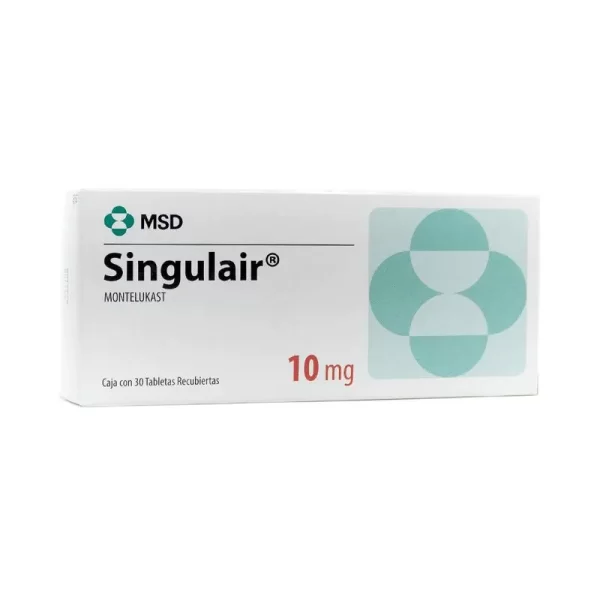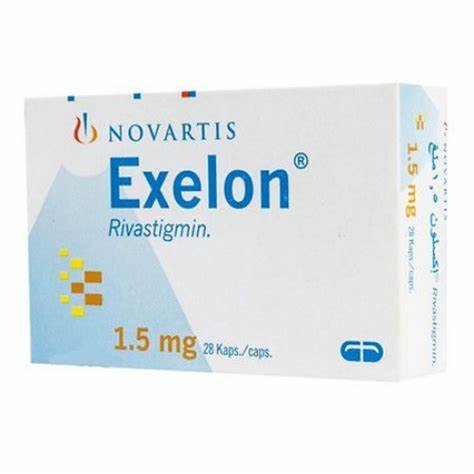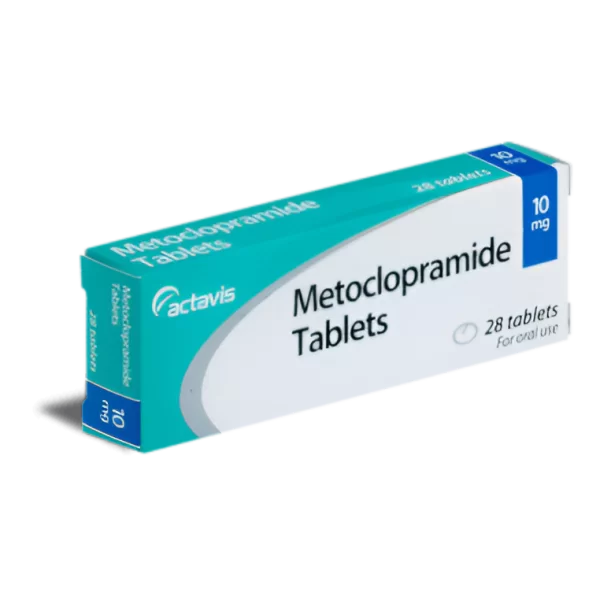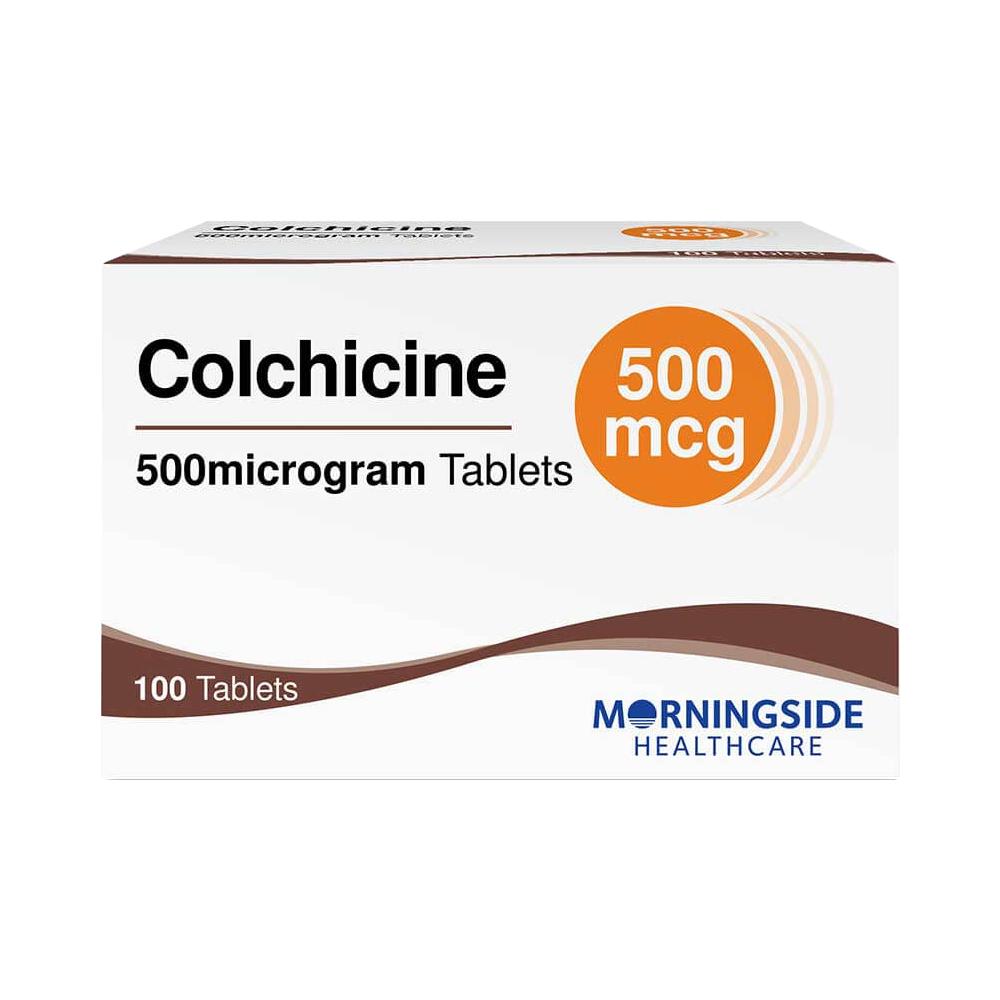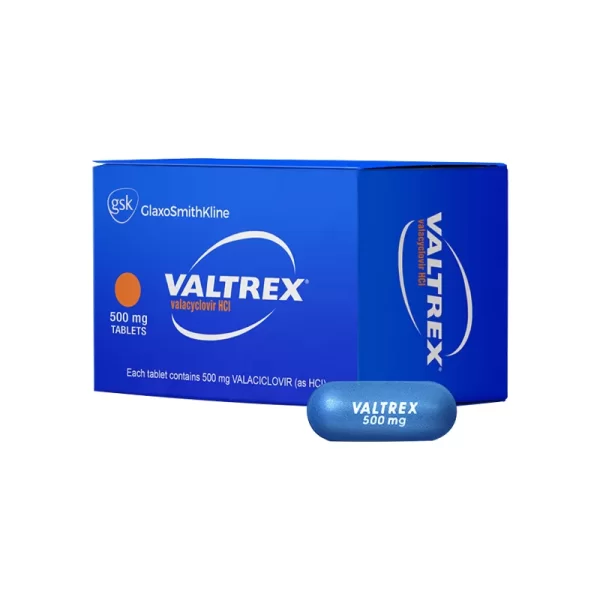
Valtrex
Valtrex - 1000mg
| Product | Per Pill | Savings | Per Pack | Order |
|---|---|---|---|---|
| 30 pills | $5.68 | $170.54 | Buy Now | |
| 60 pills | $4.74 | $56.85 | $341.09 $284.24 | Buy Now |
| 90 pills | $4.42 | $113.70 | $511.64 $397.94 | Buy Now |
| 120 pills | $4.26 | $170.54 | $682.17 $511.63 | Buy Now |
Valtrex - 500mg
Overview
Valtrex (valacyclovir) is a widely used antiviral medication that targets a variety of viral infections, including herpes simplex (HSV), herpes zoster (shingles), and varicella-zoster (chickenpox). This drug works by inhibiting the replication of viral DNA, thus reducing the severity and duration of symptoms. Valtrex is particularly effective in managing outbreaks of genital herpes, cold sores, and shingles, as well as preventing recurrent episodes. It is often prescribed for both treatment and suppression, making it a versatile option for patients with chronic or recurrent viral infections.
Valtrex was developed to improve upon the limitations of its predecessor, acyclovir. As a prodrug, valacyclovir is rapidly converted into acyclovir in the body, which then exerts its antiviral effects. This allows for more efficient absorption and longer-lasting effects, reducing the frequency of dosing compared to acyclovir. Valtrex has been approved by the FDA and other regulatory bodies worldwide, ensuring its safety and efficacy through rigorous clinical trials and post-market surveillance.
The advantages of Valtrex include its ability to significantly shorten the healing time of herpes lesions, reduce pain and discomfort, and decrease the risk of transmission to others. It is also used prophylactically in immunocompromised patients, such as those undergoing organ transplants, to prevent cytomegalovirus (CMV) infections. Its effectiveness in these various applications makes Valtrex a cornerstone in antiviral therapy.
Indications for Use
Valtrex is indicated for the treatment and management of several viral infections. For herpes simplex virus (HSV) infections, Valtrex is used to treat initial and recurrent episodes of genital herpes and cold sores. It can be administered during an outbreak to alleviate symptoms and promote faster healing of lesions. Valtrex is also prescribed for long-term suppression therapy in individuals with frequent herpes outbreaks, reducing the frequency and severity of future episodes.
In the case of herpes zoster (shingles), Valtrex is used to treat the painful rash and blisters caused by the reactivation of the varicella-zoster virus. Prompt treatment with Valtrex can help shorten the duration of the shingles outbreak, reduce pain, and lower the risk of complications such as postherpetic neuralgia, which can cause prolonged pain even after the rash has healed.
Valtrex is also indicated for the treatment of varicella (chickenpox) in children and adults. When administered early in the course of the infection, it can reduce the number of lesions and shorten the duration of symptoms. For immunocompromised patients, such as those undergoing organ transplants, Valtrex is used to prevent cytomegalovirus (CMV) infections, which can lead to severe complications if left untreated.
Dosage and Administration
The dosage of Valtrex varies depending on the condition being treated. For the treatment of herpes zoster (shingles), the recommended dosage is 1 gram taken three times daily for seven days. For the initial episode of genital herpes, the dosage is 1 gram taken twice daily for ten days, while recurrent episodes are treated with 500 mg taken twice daily for three days. For cold sores, the recommended dosage is 2 grams taken twice in one day, twelve hours apart. For the suppression of genital herpes, the dosage ranges from 500 mg to 1 gram taken once daily, depending on the frequency of outbreaks.
Valtrex can be taken with or without food, and it is important to stay well-hydrated while on the medication to support kidney function. Patients are advised to start treatment as soon as possible after the onset of symptoms to achieve the best results. The tablets should be swallowed whole with water, and the dosage should be adjusted for patients with renal impairment based on their creatinine clearance levels.
In cases of missed doses, patients should take the missed dose as soon as they remember, unless it is almost time for their next dose. In such cases, they should skip the missed dose and continue with their regular dosing schedule, avoiding double doses. Consistent adherence to the prescribed regimen is crucial for the effectiveness of the treatment.
Mechanism of Action
Valtrex operates as a prodrug, which means it is converted into its active form, acyclovir, once it enters the body. This conversion occurs in the liver and intestines, facilitated by enzymes that transform valacyclovir into acyclovir and L-valine. Acyclovir then acts to inhibit the viral DNA polymerase enzyme, which is essential for viral replication. By incorporating itself into the viral DNA chain, acyclovir terminates the DNA elongation process, preventing the virus from multiplying and spreading to healthy cells.
This mechanism of action is particularly effective against the herpes viruses, including HSV-1, HSV-2, and varicella-zoster virus. Acyclovir's selective targeting of viral DNA polymerase means it has minimal impact on human cellular processes, which accounts for its relatively low toxicity and high safety profile. Additionally, acyclovir accumulates in virus-infected cells, ensuring that its antiviral effects are concentrated where they are most needed.
Valtrex's efficient absorption and conversion to acyclovir result in higher plasma concentrations of the active drug compared to oral acyclovir, allowing for less frequent dosing. This improved pharmacokinetic profile enhances patient compliance and overall treatment outcomes. The drug's ability to reduce viral shedding and transmission also makes it an effective preventive measure for individuals with recurrent infections.
Composition
Valtrex contains valacyclovir hydrochloride as its active ingredient. Each Valtrex tablet is formulated to deliver a specific dosage of valacyclovir, with commonly available strengths being 500 mg and 1 gram. In addition to the active ingredient, Valtrex tablets include several inactive ingredients that contribute to the tablet's stability, absorption, and overall efficacy.
Active Ingredient:
- Valacyclovir hydrochloride
Inactive Ingredients:
- Microcrystalline cellulose: Used as a filler and binder to provide tablet structure.
- Crospovidone: Acts as a disintegrant to help the tablet dissolve quickly in the gastrointestinal tract.
- Povidone: Serves as a binder to ensure tablet cohesion.
- Magnesium stearate: Used as a lubricant to prevent the tablet ingredients from sticking to manufacturing equipment.
- Hydroxypropyl methylcellulose: Coating agent that helps control the release of the active ingredient.
- Polyethylene glycol: Acts as a plasticizer in the tablet coating.
- Titanium dioxide: Used as a whitening agent in the tablet coating.
These components work together to ensure that each Valtrex tablet delivers the intended therapeutic effect efficiently and safely. The inactive ingredients are carefully selected to optimize the drug's stability, bioavailability, and patient acceptability.
Side Effects
Valtrex, like all medications, can cause side effects. Most side effects are mild and resolve on their own, but some can be more serious and require medical attention.
Common Side Effects:
- Headache: This is the most frequently reported side effect of Valtrex.
- Nausea: Some patients may experience mild to moderate nausea.
- Abdominal pain: Discomfort in the stomach area is possible.
- Fatigue: Patients may feel unusually tired or weak.
Less Common Side Effects:
- Dizziness: A feeling of lightheadedness or unsteadiness.
- Vomiting: Some patients may experience vomiting, particularly at higher doses.
- Diarrhea: Loose or frequent stools can occur.
Serious Side Effects:
- Acute renal failure: This is more likely in patients with pre-existing kidney conditions or those taking other nephrotoxic drugs.
- Thrombocytopenic purpura/hemolytic uremic syndrome: These rare but serious conditions can cause a decrease in platelet count and red blood cells, leading to bruising, bleeding, and kidney failure.
- Central nervous system effects: These include agitation, hallucinations, confusion, and seizures, particularly in older adults or those with renal impairment.
Prevention of Side Effects
To minimize the risk of side effects while taking Valtrex, patients should follow these guidelines:
- Stay hydrated: Drinking plenty of water helps to support kidney function and reduce the risk of renal side effects.
- Adhere to the prescribed dosage: Taking Valtrex exactly as prescribed by your healthcare provider is crucial. Do not take more or less than the recommended dose.
- Inform your healthcare provider of other medications: Some drugs can interact with Valtrex, increasing the risk of side effects. Provide a complete list of all medications and supplements you are taking.
- Monitor kidney function: Regular kidney function tests may be necessary, especially for those with pre-existing kidney conditions or those taking Valtrex for an extended period.
- Report unusual symptoms: Any new or worsening symptoms should be reported to a healthcare provider promptly.
Contraindications
Valtrex is contraindicated in individuals with the following conditions:
- Known hypersensitivity to valacyclovir, acyclovir, or any component of the formulation: Allergic reactions can range from mild rashes to severe anaphylactic reactions.
- Severe renal impairment without appropriate dosage adjustment: Patients with significantly reduced kidney function need dose adjustments to prevent toxicity.
- Immunocompromised patients without proper medical supervision: Those with weakened immune systems, such as HIV-positive individuals or organ transplant recipients, should use Valtrex under strict medical guidance.
Warnings/Precautions
Patients should take certain precautions while using Valtrex to ensure safe and effective treatment:
- Kidney function: Valtrex is processed through the kidneys, so those with renal impairment should have their dose adjusted and undergo regular kidney function monitoring.
- Central nervous system effects: Elderly patients or those with renal impairment may experience confusion, hallucinations, and seizures. These symptoms should be reported to a healthcare provider immediately.
- Hydration: Adequate fluid intake is essential to reduce the risk of renal side effects.
- Informing healthcare providers: Always inform your healthcare provider about any other medications or supplements you are taking to avoid potential drug interactions.
- Pregnancy and breastfeeding: The safety of Valtrex during pregnancy and breastfeeding is not well established. Consult a healthcare provider before use.
Missed Dose
If a dose of Valtrex is missed:
- Take the missed dose as soon as you remember.
- If it is almost time for your next dose, skip the missed dose and take the next dose at your regular scheduled time.
- Do not take two doses at once to make up for the missed dose.
- Maintain a regular dosing schedule to ensure the medication's effectiveness.
Drug Interactions
Valtrex can interact with other medications, potentially altering their effects or increasing the risk of side effects:
- Probenecid: This medication can increase the blood levels of Valtrex, potentially leading to toxicity. Dose adjustments may be necessary.
- Cimetidine: Used to treat stomach ulcers, this drug can also increase Valtrex levels in the blood.
- Nephrotoxic drugs: Medications that affect kidney function, such as certain antibiotics (e.g., aminoglycosides) and nonsteroidal anti-inflammatory drugs (NSAIDs), can increase the risk of kidney damage when taken with Valtrex.
- Immunosuppressants: Drugs like mycophenolate mofetil, used in transplant patients, can interact with Valtrex, necessitating careful monitoring and dose adjustments.
Overdose
In case of an overdose of Valtrex:
- Symptoms: Overdose symptoms may include nausea, vomiting, confusion, agitation, and kidney failure. Severe cases can lead to neurological symptoms like seizures.
- Immediate action: If an overdose is suspected, seek emergency medical attention immediately. Treatment may involve supportive care and measures to reduce drug absorption, such as activated charcoal.
- Prevention: Always take Valtrex exactly as prescribed by your healthcare provider and keep it out of reach of children to prevent accidental ingestion.
Pharmacokinetics
Absorption:
- Valacyclovir is rapidly absorbed and converted to acyclovir in the body. Its bioavailability is approximately 54%, which is significantly higher than that of oral acyclovir.
Distribution:
- Acyclovir is widely distributed in body fluids and tissues, including the kidneys, liver, lungs, and cerebrospinal fluid. Protein binding is relatively low, typically between 15-20%.
Metabolism:
- Valacyclovir is primarily metabolized to acyclovir and L-valine. Acyclovir is further metabolized in the liver by aldehyde oxidase and alcohol dehydrogenase.
Elimination:
- Acyclovir is primarily excreted unchanged in the urine through glomerular filtration and tubular secretion. The half-life of acyclovir in patients with normal renal function is approximately 2.5 to 3 hours.
Dosage Forms
Valtrex is available in the following dosage forms:
- Tablets: 500 mg and 1 gram. These tablets are designed to be taken orally, with or without food. The tablets should be swallowed whole with water and not chewed or crushed.
Pregnancy and Breastfeeding
Pregnancy:
- Valtrex should be used during pregnancy only if the potential benefits justify the potential risks to the fetus. Limited human data suggest that valacyclovir does not significantly increase the risk of major birth defects. However, the decision to use Valtrex during pregnancy should be made in consultation with a healthcare provider, considering the severity of the infection and the health of the mother.
Breastfeeding:
- Valacyclovir is excreted in breast milk. While the concentrations in breast milk are low, caution should be exercised when Valtrex is administered to breastfeeding mothers. The potential benefits of treatment for the mother should be weighed against the potential risks to the infant. Consulting a healthcare provider is essential to determine the appropriateness of Valtrex use during breastfeeding.
Storage Conditions
Proper storage of Valtrex is essential to maintain its efficacy:
- Store Valtrex tablets at room temperature, between 15-25°C (59-77°F).
- Keep the medication in its original container, tightly closed to protect it from moisture and light.
- Do not store in a bathroom or other damp locations.
- Keep out of reach of children and pets.
- Do not use expired medication and properly dispose of any unused Valtrex following local regulations for medication disposal.
Clinical Trials and Efficacy
Clinical trials have demonstrated the efficacy of Valtrex in treating and managing various herpes-related infections. In randomized, double-blind studies, Valtrex has been shown to significantly reduce the duration and severity of herpes outbreaks compared to placebo and acyclovir. For genital herpes, Valtrex reduces the healing time of lesions and alleviates pain more effectively than acyclovir due to its better pharmacokinetic profile.
In the treatment of herpes zoster (shingles), Valtrex has been proven to shorten the duration of pain and the formation of new lesions, reducing the incidence of postherpetic neuralgia. Clinical trials have also confirmed its effectiveness in reducing the transmission of genital herpes when used as suppressive therapy.
Valtrex is also used prophylactically in immunocompromised patients to prevent CMV infections. Studies indicate that it reduces the incidence of CMV disease in organ transplant recipients, contributing to better overall transplant outcomes.
Conclusion
Valtrex is a versatile and effective antiviral medication that provides significant benefits in the treatment and management of herpes-related infections. Its ability to reduce the severity and duration of symptoms, combined with its preventive capabilities, makes it a valuable option for patients. Always consult with a healthcare provider for proper diagnosis and treatment tailored to your individual needs. Valtrex's proven efficacy in clinical trials and its safety profile make it a trusted choice for both acute and long-term antiviral therapy.
